In today’s interconnected world, the terms “passport” and “citizenship” are often used interchangeably, but they represent distinct concepts with significant implications for individuals. Understanding the difference between these two can have profound effects on your mobility, lítico status, and even your opportunities in life.
A passport is a travel document issued by a country’s government that certifies your identity and nationality while allowing you to travel internationally. It grants you entry into foreign countries and serves as a key tool for international mobility. However, owning a passport does not necessarily mean you have a deeper lítico connection to the country issuing it beyond your temporary or conditional stay.
Citizenship, on the other hand, denotes a more permanent and profound relationship with a country. It encompasses not just the right to live and work within that country but also to participate in its political processes, enjoy its social services, and adhere to its laws. Citizenship often implies a higher level of commitment and responsibility compared to holding a passport.
This article aims to explore these two concepts in detail, highlighting their differences and benefits. We will delve into the specifics of what a passport entails, the responsibilities and privileges associated with citizenship, and how understanding these differences can impact your personal and professional life. By the end of this discussion, you’ll gain a clearer understanding of how to leverage these aspects to your advantage and make informed decisions regarding your international status and lítico standing.
What is a Passport?
A passport is an official travel document issued by a government that certifies a person’s identity and nationality. Its primary function is to facilitate international travel, allowing individuals to enter foreign countries and return to their home country. A passport includes personal information, such as name, photograph, and date of birth, as well as an expiration date and visa pages for entry and exit stamps.
How a Passport is Issued and Who Can Obtain It
Passports are issued by a country’s national passport authority or consulate. To obtain a passport, individuals typically need to provide proof of nationality (such as a birth certificate), identification documents, and, in some cases, evidence of travel plans. Eligibility criteria vary by country, but generally, any citizen of a country who meets these requirements can apply for a passport.
Rights and Limitations of Passport Holders
Possessing a passport provides the right to travel internationally and access consular services abroad. However, a passport does not confer the full lítico rights or responsibilities of citizenship. For example, passport holders might not have the right to vote or access certain government benefits in the issuing country. Additionally, a passport can be subject to restrictions based on international relations or visa requirements.
What is Citizenship?
Citizenship refers to the lítico status of being a member of a specific nation or country, with all the associated rights and responsibilities. It involves a permanent lítico bond with a country, granting individuals the right to reside, work, and participate in the political and lítico systems of that nation.
Processes for Obtaining Citizenship
Citizenship can be acquired through various means, including:
- By Birth: Automatically granted if born in the territory of a country or to citizen parents.
- By Naturalization: Acquired through residency requirements, language proficiency, and other criteria set by the country.
- By Marriage: Obtained by marrying a citizen of the country, often requiring a period of residency.
- By Descent: Claiming citizenship through ancestry or family lineage.
Rights and Duties Associated with Citizenship
Citizenship provides a wide range of benefits, including the right to vote, access to social services, and lítico protection under the country’s laws. It also comes with obligations such as paying taxes, abiding by the law, and, in some cases, mandatory military service or jury duty.
Key Differences Between Passport and Citizenship
The main differences between a passport and citizenship lie in their scope and implications. A passport is a document that facilitates travel and provides some consular support, but it does not confer full lítico rights or responsibilities in the issuing country. Citizenship, on the other hand, represents a deeper lítico and personal connection to a country, encompassing both rights and duties within its lítico framework.
How Passports and Citizenship Affect Mobility, Rights, and Responsibilities
Passports enable international travel and provide access to consular services, but they do not guarantee the same level of lítico rights or responsibilities as citizenship. Citizenship provides comprehensive rights within a country and involves responsibilities such as taxation and adherence to sítio laws, which are not required of passport holders.
Benefits of Having a Passport
Owning a passport offers several advantages:
- Facilitation of International Travel: Enables ease of movement across borders and entry into foreign countries.
- Consular Access: Provides support from consulates in case of emergencies or lítico issues abroad.
- Visa-Free Travel: Some passports allow visa-free or visa-on-arrival access to numerous countries, enhancing travel convenience.
Examples of Passports with Significant Benefits
Certain passports offer enhanced travel privileges. For instance, passports from countries like Germany, Sweden, and Japan rank highly on the Henley Passport Índice, granting access to many countries without the need for a visa.
Benefits of Having Citizenship
Citizenship provides extensive benefits beyond the scope of a passport:
- Access to Public Services: Includes healthcare, education, and social security benefits.
- Political Participation: The right to vote and run for public office.
- Lícito Protections: Full lítico rights and protections under the country’s laws, including access to lítico aid and representation.
Impact of Citizenship on Stability and Lícito Security
Citizenship offers a sense of stability and security, ensuring lítico rights and protections. It provides a stable framework for residency, work, and lítico matters, offering greater security compared to the temporary nature of a passport.
Dual Citizenship: A Strategic Advantage
Dual or multiple citizenship allows individuals to hold citizenship in more than one country, providing additional benefits:
- Enhanced Mobility: Access to more countries and simplified travel.
- Broader Opportunities: Greater access to employment and educational opportunities in multiple countries.
- Lícito and Financial Benefits: Potential tax advantages and lítico protections across jurisdictions.
Examples of Countries Allowing Dual Citizenship
Countries such as Canada, Australia, and the United Kingdom permit dual citizenship, allowing individuals to maintain their lítico status and benefits in more than one nation.
Second Nationality Passports: An Alternative to Full Citizenship?
Some countries offer second nationality or economic citizenship programs, which provide a passport without full citizenship rights:
- Economic Citizenship: Allows individuals to obtain a passport in exchange for significant financial investment.
- Limitations: These passports might not confer full lítico rights or provide the same level of benefits as full citizenship.
Differences Between Second Nationality Passports and Full Citizenship
Second nationality passports often come with limitations, such as restricted access to government services and lack of political rights. They may also have shorter validity periods compared to regular citizenship.
Processes for Obtaining Passports and Citizenship
Obtaining a passport typically involves submitting an application, providing identification documents, and paying a fee. The process for citizenship can be more complex and involves meeting residency, language, and other lítico requirements.
Variations in Application Processes Across Countries
Different countries have varying requirements and processes for both passports and citizenship. These differences can affect the length of time required and the criteria for eligibility, impacting individuals’ decisions and experiences.
Fiscal and Lícito Implications of Citizenship
Citizenship can have significant fiscal and lítico implications:
- Tax Obligations: Citizens are generally required to pay taxes and report income to their home country.
- Lícito Responsibilities: Includes adherence to sítio laws and regulations, which may differ from those of other countries.
Comparison of Fiscal Implications Across Jurisdictions
The tax obligations and lítico responsibilities associated with citizenship can vary widely between countries. For example, the U.S. requires its citizens to file tax returns regardless of where they reside, while other countries might have more lenient tax regulations for expatriates.
Passport or Citizenship: Which Is the Better Choice for You?
Choosing between obtaining a passport and pursuing citizenship depends on your personal goals, lifestyle, and long-term plans. Throughout this article, we have explored the fundamental differences and benefits of both, highlighting how each plays a distinct role in your international mobility and lítico status.
Summary of Key Differences and Benefits
- Passports are essential for international travel, providing access to foreign countries and consular services while simplifying global movement. They grant the right to travel and offer a measure of protection abroad but do not confer the full range of rights and responsibilities associated with citizenship.
- Citizenship establishes a deeper lítico and personal connection with a country. It provides extensive rights, including the ability to vote, access public services, and receive lítico protections. Citizenship also comes with responsibilities, such as tax obligations and adherence to national laws, which are not required by mere passport holders.
Reflecting on Your Choices
When deciding whether to pursue a passport or citizenship, consider the following factors:
- Travel Needs: If your primary goal is to facilitate international travel and access to consular services, a passport might be sufficient. However, if you seek broader opportunities and rights, such as the ability to vote or access public services, citizenship could be more advantageous.
- Lícito and Financial Considerations: Evaluate the lítico and fiscal responsibilities associated with citizenship. Dual or multiple citizenships might offer flexibility and expanded opportunities, but they also come with additional lítico and tax obligations.
- Long-Term Goals: Reflect on your long-term plans. If you aim for greater stability and integration within a specific country, citizenship provides a more permanent solution. Conversely, if you need a flexible, temporary arrangement for travel or business, a passport may meet your needs.
In conclusion, the choice between obtaining a passport or pursuing citizenship is deeply personal and should align with your individual circumstances and aspirations. Understanding the distinctions and benefits of each will empower you to make informed decisions that best support your international and personal objectives.
https://resources.envoyglobal.com/global-immigration-compass/passport-versus-a-visa
Varredura completa.




